This last week has been quite fun and enlightening as it provided a glimpse of what we can expect from the new US government over the next four years. For starters, there was the first press conference by White House press secretary Sean Spicer. This press conference was interesting for two reasons: (1) Spicer made five statements, four of which were proven to be lies, and (2) one cannot help but wonder why the Trump administration, through its press secretary, decided to start their 4-year term with such easily refuted lies over a topic so utterly banal and petty (attendance figures at the inauguration ceremony). Clearly, Trump has not yet made the transition from rating-obsessed reality TV star to head of state. As usual, the internet reacted promptly and in kind. Within minutes, twitter handles like #SpicerFacts and #SeanSpicerFacts had been created and were starting to trend.
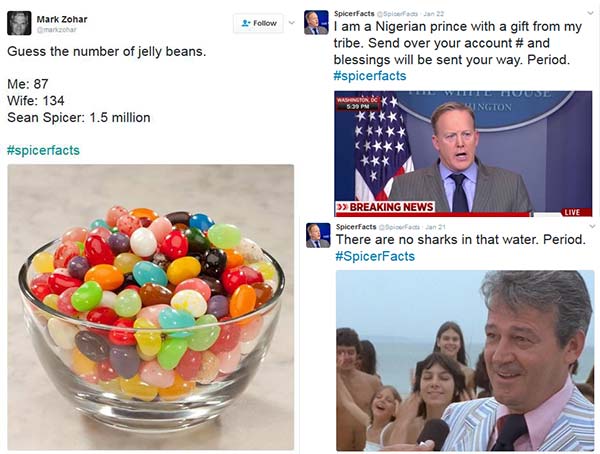
There is quite possibly no better way to loose your credibility as a government after just 1 day on the job. If these guys are prepared to lie so blatantly about issues that are utterly irrelevant to anyone and anything other than Donald Trump’s ego, how are we ever going to believe them once they talk about issues that really matter and where the truthfulness of their statements is more difficult to verify!
Enter Kellyanne Conway, a senior White House aide, trying to defend Spicer’s statements by telling NBC’s Meet the Press on Sunday:
KELLYANNE CONWAY: “Don’t be so overly dramatic about it, Chuck. […] Sean Spicer, our press secretary, gave alternative facts to that.” CHUCK TODD: “Wait a minute– Alternative facts? […] Four of the five facts he uttered were just not true. Look, alternative facts are not facts. They’re falsehoods.” – Kellyanne Conway (Senior White House aide) and Chuck Todd (journalist)
Only minutes later, all internet meme hell broke loose.

At first sight, this administration of apparent nincompoops and their childish attempts to defend obvious lies seems rather amusing and may be slightly reminiscent of the days of the “W” (i.e., Bush junior). It is funny because these words were uttered by high ranking government officials, that is, people who should ideally possess above average intelligence. Even Merriam-Webster felt compelled to tweet about it reminding everyone that
“A fact is a piece of information presented as having objective reality.” – Merriam-Webster
Once the laughter dies down, however, we should all be very worried indeed because the Trump administration is not some comedy act but a bunch of mean people with real powers and responsibilities, capable of affecting the lives of hundreds of millions if not billions of people.
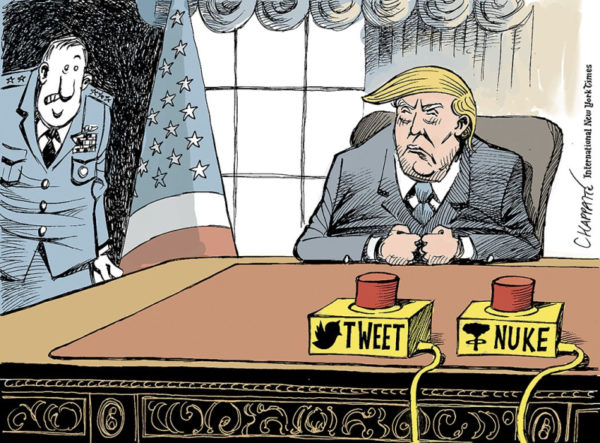
Happy trigger fingers.
Terms like “fake news”, “post-fact”, and “post-truth” have made the rounds and while one could argue that politicians in a pre-Trump world were not exactly angels of truth either – after all the term spin-doctor was coined in the mid 1990s – the extent of fact-denying, the level of disregard for educated/expert opinions and the crudeness of the public discourse has reached unprecedented levels, also thanks to the (anti-)social media which are being used to influence public opinion by camouflaging political agendas as (fake) news (social media bots).
Some news, such as the allegations of Russian interference with the US elections, are impossible to verify and we will probably never know what really happened. But then again you should try to control the indignation reflex for one minute, take a step back and think. Which country has been particularly busy during the past 50 years, interfering in several foreign elections, toppling democratically or otherwise elected sovereign governments, or bringing about “regime change” through direct intervention? Yep, exactly! So why do you act all surprised and exasperated if someone for once tried the same trick on you?!
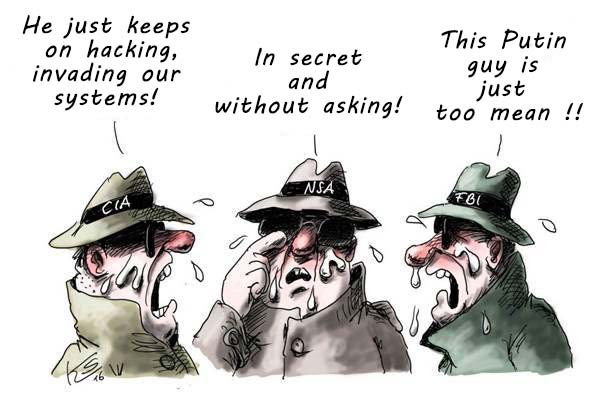
The new demagogues of this world are increasingly trying to blur the boundaries between fact and fake. Journalists or the press in general are called dishonest and scientists are either cheats or alarmists. We are seeing a reversal of cultural and socio-political achievements paired with a renunciation of reason. The level of discussion of topics of general importance is becoming increasingly vulgar and aggressive, aided by our ever decreasing attention span. These are dangerous times and we need to be very vigilant if we do not want to wake up one day and find ourselves in a world we no longer recognise.
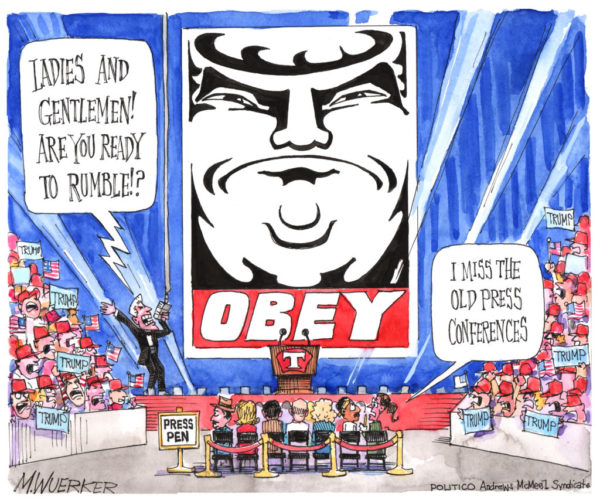
Facts and evidence based truth-seeking are the bread and butter of scientific research. Scientists1 are expected to not only provide all the answers but also to provide them in a way so that literally everyone understands them, often within the limits of a 500 word press release (at best) or within 160 characters or a 15 second “elevator talk” (at worst). This is just plain ridiculous. You cannot dumb down complex scientific issues and at the same time expect that everyone truly understands and comprehends their full implications or the entire causal chain that led to the discovery. This is why we as a society decided long ago to set up something called universities so that those among us who were sufficiently qualified and inclined to do so could expand our knowledge horizon for the benefit of all. Kings would then call upon these scholars as trusted advisers. Yes, scientists are a weird bunch: badly dressed idealists and socially awkward workaholics who are prepared to endure high job insecurity, for a public employee’s salary that is often way below what they could get if they sold their skill set in the private sector. And yet, most scientists would not trade their independence and academic freedom for a higher pay check.

Most journalists tend to be equally idealistic and receive even worse pay. They often entered their profession because they understood the importance of the press as an institution in society: to control those in power and hold them accountable for their (mis)deeds. Contrary to popular belief, it is usually not the law that keeps politicians and corporations in check, but their fear of the press, to be exposed at the pillory of public humiliation. By and large, the law exists mainly to control those without power and is only applied to those with power to avoid public shaming (see above). Unlike scientists, journalists are exposed to the full brutality of market capitalism, however, and all the ethical dilemmas that ensue and that may sometimes limit the freedom of reporting. As a result, there is indeed a certain degree of misinformation (wilful or not) in the media which can sometimes result in a stark mismatch between a scientific fact and its perception by the public. Cases in point are the debates on evolution or climate change and the often quoted “lacking evidence” or “consensus” in the scientific community, a clear and absolute falsehood.

Nevertheless, both scientists and journalists should enjoy a certain level of respect and trust in society. I am not saying that a layperson should worship or blindly believe every scientist (or heaven forbid: journalist) because not everyone with a PhD, or who is presented in the media as a “scientific expert”, is necessarily an active scientist, with the emphasis being on active. They may just be people who took a few classes at university and then followed the money. As such they are easy to identify as they are not associated with any public research institute or university and do not publish in scientific journals. They often work for private think tanks (aka lobby organisations) that try to pass as research institutes. For real active scientists, everyone should be able to recognise the following two facts as true: (1) senior scientists have undergone at least 15 years of continual scientific training which makes them so much more qualified than any layperson to talk about their area of expertise, and (2) due to the transparency in science (research is peer reviewed and results are published with most data in the public domain), it is essentially impossible for a scientists to wilfully misrepresent the facts (where facts could be defined as truthful representations of the current scientific knowledge).
Now I am not saying that scientists get it right all the time. On the contrary, most scientific hypotheses do not survive and never see the light of public attention with only a small percentage of hypotheses graduating to theory status. Science is facts-based and self-correcting, it is simply the best thing we’ve got for finding unbiased truths and we should not abandon or discredit it lightly. In a time where the world’s knowledge is only one Google or Wikipedia search away, this easy access to and inflationary availability of knowledge has led to a sharp devaluation of science and the expertise it creates. It is easily forgotten where that knowledge behind a Wikipedia entry came from in the first place and who created it. In addition, it takes more than basic high school science and reading skills to really comprehend everything that went into a scientific discovery. So next time a scientists tells you one thing and some agent (politician, lobbyist, priest, spokesperson, etc.) tells you another, and you don’t fully understand it and are not sure who to believe, think about what the scientist wants versus what the agent wants. A scientist wants to find the truth while the agent wants to push their agenda. It’s as simple as that.
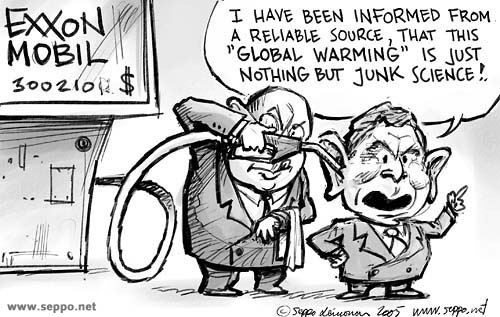
- To be clear: when I talk about scientists or science in this article, I exclusively refer to the natural (quantitative) sciences as only those fields permit clear distinctions between right and wrong. In the humanities and social sciences, issues are often less evident and it is then simply not possible to verify one hypothesis as true or discredit another as wrong. Debates in those fields therefore tend to follow certain schools of thought or may be influenced by the political leanings of the researcher. A good example is the field of economics where certain schools of thought simply come into or go out of fashion. Fun fact: did you know that Alfred Nobel did not consider economics as a science and therefore did not set up a prize for economics in his will? What is nowadays referred to as the Nobel Price in economics was created much later and, yes, by a bank. Its real name is: the Swedish National Bank’s Prize in Economic Sciences in Memory of Alfred Nobel.
